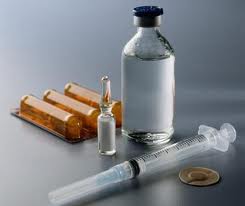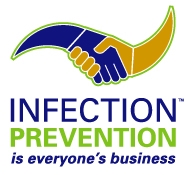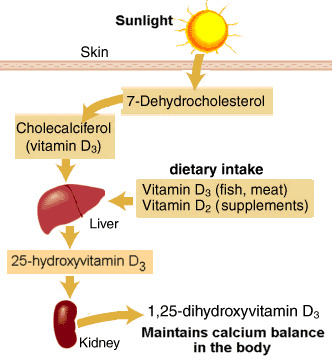 Studies have shown a direct danger of HBV reactivation for those patients that were previously HBV infected, currently surface antigen-negative (HBsAg -), and using ‘biological response modifiers’ (ex. Rituximab, which has a black box warning). These patients may be under-going treatment for lymphoma, rheumatoid arthritis, irritable bowl or other serious diseases. Dangerous reactivation of hepatitis B can be prevented by the simultaneous, prophylactic treatment with HBV antivirals. Guidelines exist for screening patients, and the need for prophylaxis is understood, but unfortunately not known or followed by all treating physicians. This is a real danger to the patient, and can result in a fatal outcome.
Studies have shown a direct danger of HBV reactivation for those patients that were previously HBV infected, currently surface antigen-negative (HBsAg -), and using ‘biological response modifiers’ (ex. Rituximab, which has a black box warning). These patients may be under-going treatment for lymphoma, rheumatoid arthritis, irritable bowl or other serious diseases. Dangerous reactivation of hepatitis B can be prevented by the simultaneous, prophylactic treatment with HBV antivirals. Guidelines exist for screening patients, and the need for prophylaxis is understood, but unfortunately not known or followed by all treating physicians. This is a real danger to the patient, and can result in a fatal outcome.
The topic of general immunosuppressant use has come up repeatedly at previous HBF hepatitis B patient conferences among those currently living with hepatitis B. Patients took it upon themselves to ask the experts what they thought because they were constantly on alert for things that might impact their HBV status. Immunosuppressants are drugs that are used to treat all kinds of acute and chronic conditions. They tamp down the immune response by suppressing it. This could be problematic for someone with HBV, because the virus may replicate readily with the immune system suppressed. The evidence is out there for hard-core long-term immnosuppressants or targeted therapy as noted above, but there’s not much out there about the general use of steroids for those with HBV. It’s worth thinking about, and having the conversation with your liver specialist because we are always looking for ways to avoid further liver injury. Here are a list of typical steroids that many of us use while living with HBV. They are listed top to bottom, from the least concern to greater concern.
- Topical steroids – (least concern) creams or ointments applied to the skin for things like eczema and other dermatitis
- Steroid inhalers – used for asthma and other respiratory related conditions
- Oral steroids – numerous uses, varying doses, varying duration of use
- IV steroids – May be given during surgical procedures as necessary or prophylactically, or in an emergency
There is little concern about steroids that are applied topically or delivered through an inhaler. These may have other issues or potential side effects when used long term, but they should not affect your HBV status. We struggled with this one in our household, as potent prescriptions were prescribed and the topicals were applied daily for l-o-n-g periods of time. Discuss this with your doctor if you have concerns, but keep in mind that it should have no impact on your HBV.
The oral dosing of steroids will vary greatly by the condition, and then by the prescription, dosing and duration of use. If you are considering use of oral immunosuppressants, especially extended use, then don’t forget to remind your prescribing physician about your hepatitis B. They may not always recall that you have HBV. Have the converstion with your liver specialist about your HBV status, whether or not you’re currently being treated, and the new immunosuppressive drug you are to be prescribed. Weighing the pros and cons will be dependent on an individuals’ HBV status. You want to be sure you’re safe!
Talk to your liver specialist about his thoughts on IV steroids and their use during surgical procedures. Our liver specialist told us to avoid IV steroids if possible, although in the event of an emergency, the acute emergency trumped any HBV concerns. I also learned that steroids are sometimes given prophylactically for some types of surgical procedures. One surgeon, highly regarded in his field, was aware of the patient’s HBV status. However, he was not an HBV expert and had never considered the prophylactic dose of steroids he typically used. We were in agreement, that if it did not appear to be needed, then it would not be used. Once we had the discussion, I was content with his decision. If a situation arose requiring the use of IV steroids then I would know that the benefits of having the steroid outweighed any potential risk to the current HBV status.
Please don’t be afraid to be your own hepatitis B advocate. Most doctors are not HBV experts. They’re experts in something else! If you have concerns about immunosuppressants or other forms of treatment, then bring up the topic at your next visit with your liver specialist. Then you’ll have the information you need so you can discuss these topics with other doctors, should the need arise. Keep a file of pertinent articles to reference, and the the contact information of your liver specialist in case your doctor would like additional input on a particular topic.









